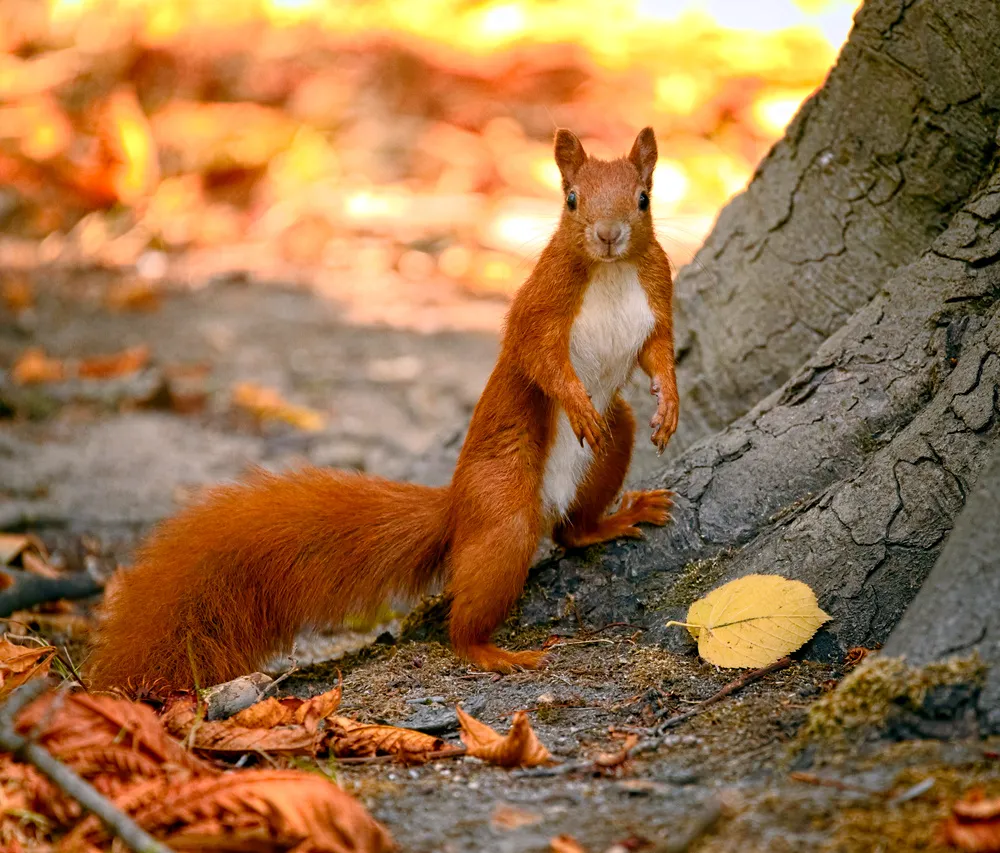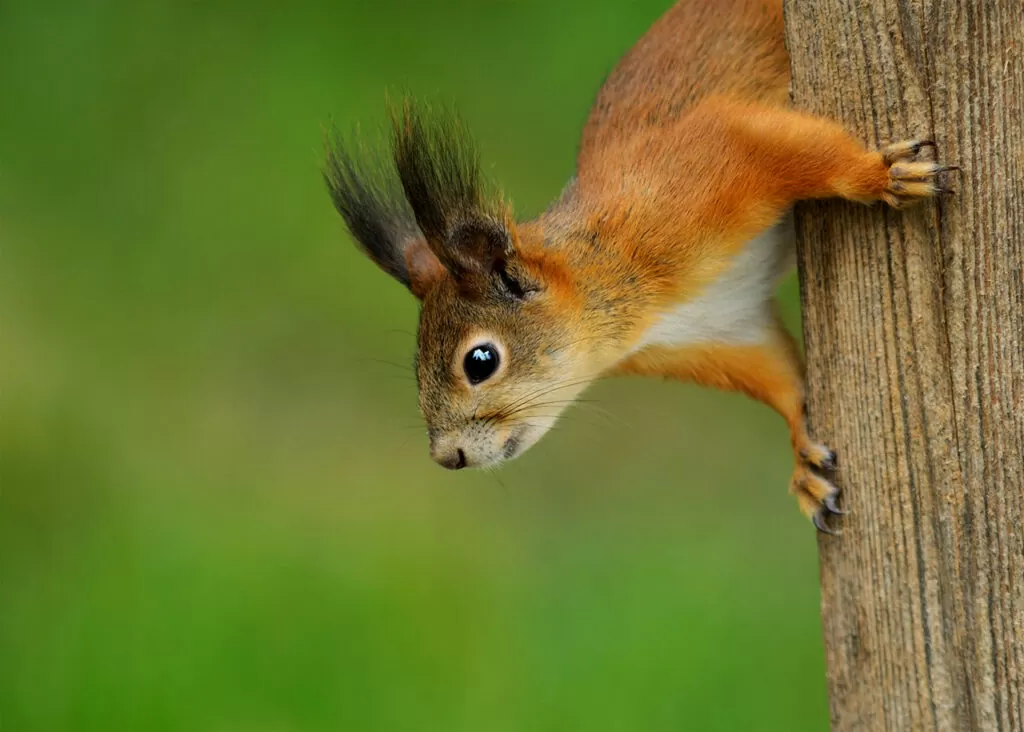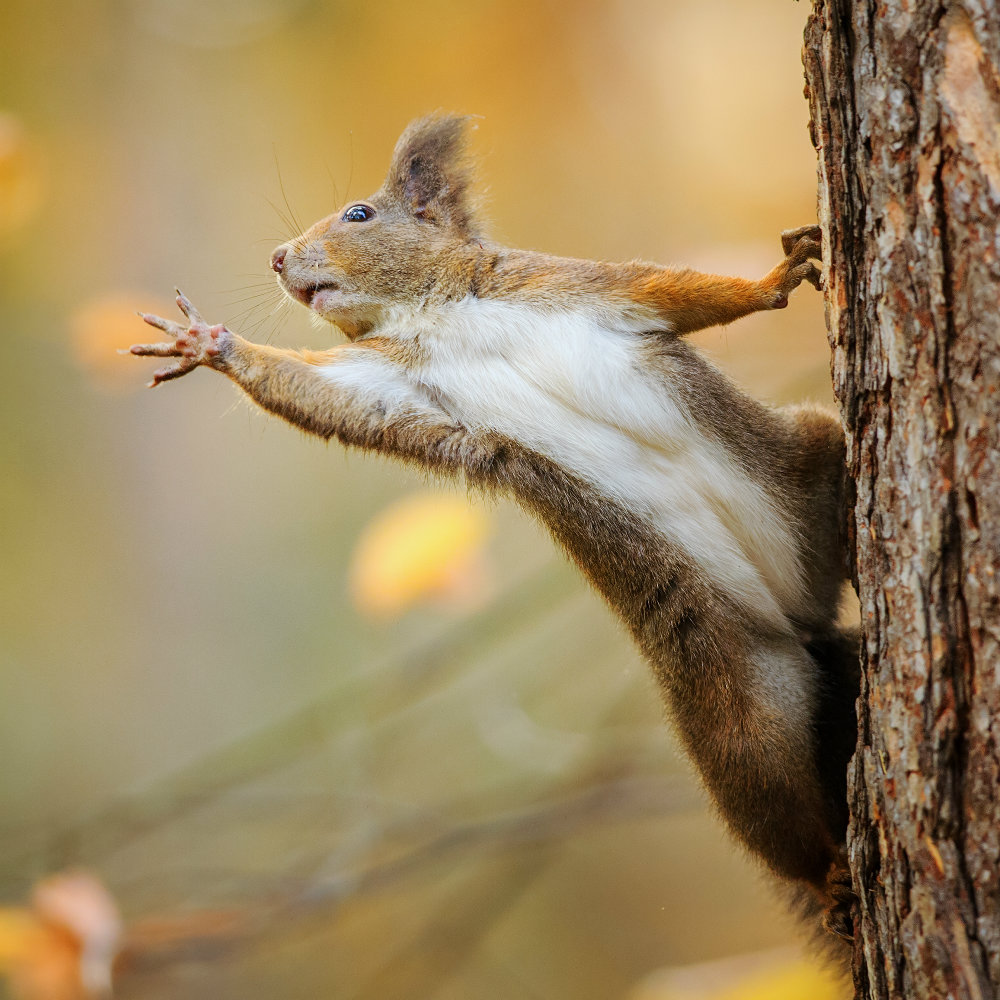Squirrels are a common sight in many parts of the world, and often have a reputation for being cute, playful creatures. However, they also have an important role to play in the ecosystem. In this article, we’ll explore the many ways in which squirrels contribute to the health and stability of their habitat.

Seed Dispersal
Squirrels are known for their ability to bury nuts and seeds, which they later retrieve and eat. However, this burying behavior also serves an important ecological function, as it helps to disperse seeds across the landscape. When squirrels bury nuts and seeds, they often forget where they have buried them, allowing the seeds to germinate and grow into new plants. This process is important for maintaining biodiversity and ecosystem health.
Nutrient Cycling
As squirrels consume nuts and seeds, they break down these materials and excrete them in the form of waste. This waste contains important nutrients, such as nitrogen and phosphorus, which are needed for plant growth. By depositing these nutrients in the soil, squirrels help to cycle nutrients through the ecosystem, promoting healthy plant growth and soil fertility.
Predator Control
Squirrels are known for their keen senses and alertness, making them effective at detecting and responding to predators. By signaling to other animals when predators are present, squirrels help to keep the ecosystem in balance and prevent overpopulation of certain species.

Habitat Maintenance
Squirrels are also important for maintaining their own habitat. As they build nests and forage for food, they help to create and maintain microhabitats that are important for a variety of other species. For example, other animals may use squirrel nests for shelter or foraging, while fungi and other microorganisms may depend on squirrel waste for nutrients.
Food for Predators
Squirrels also serve as an important food source for predators, such as hawks, foxes, and snakes. By providing prey for these animals, squirrels help to maintain balance in the ecosystem and prevent overpopulation of other species.
Pollination
While squirrels are not known for their role in pollination, they can play a small part in this process. As they move from tree to tree, squirrels may inadvertently transfer pollen from one flower to another, helping to promote cross-pollination and genetic diversity.
Cultural Significance
Squirrels also have cultural significance in many societies, and are often seen as symbols of good luck, cleverness, and resourcefulness. By inspiring admiration and respect in humans, squirrels may help to promote conservation efforts and promote greater awareness of the importance of maintaining healthy ecosystems.

In conclusion, while squirrels may be seen as a minor part of the ecosystem, they play an important role in maintaining balance and promoting health and diversity in their habitat. From seed dispersal to nutrient cycling, predator control to habitat maintenance, squirrels are a critical part of the ecosystem, and should be valued and respected for their contributions to the natural world.